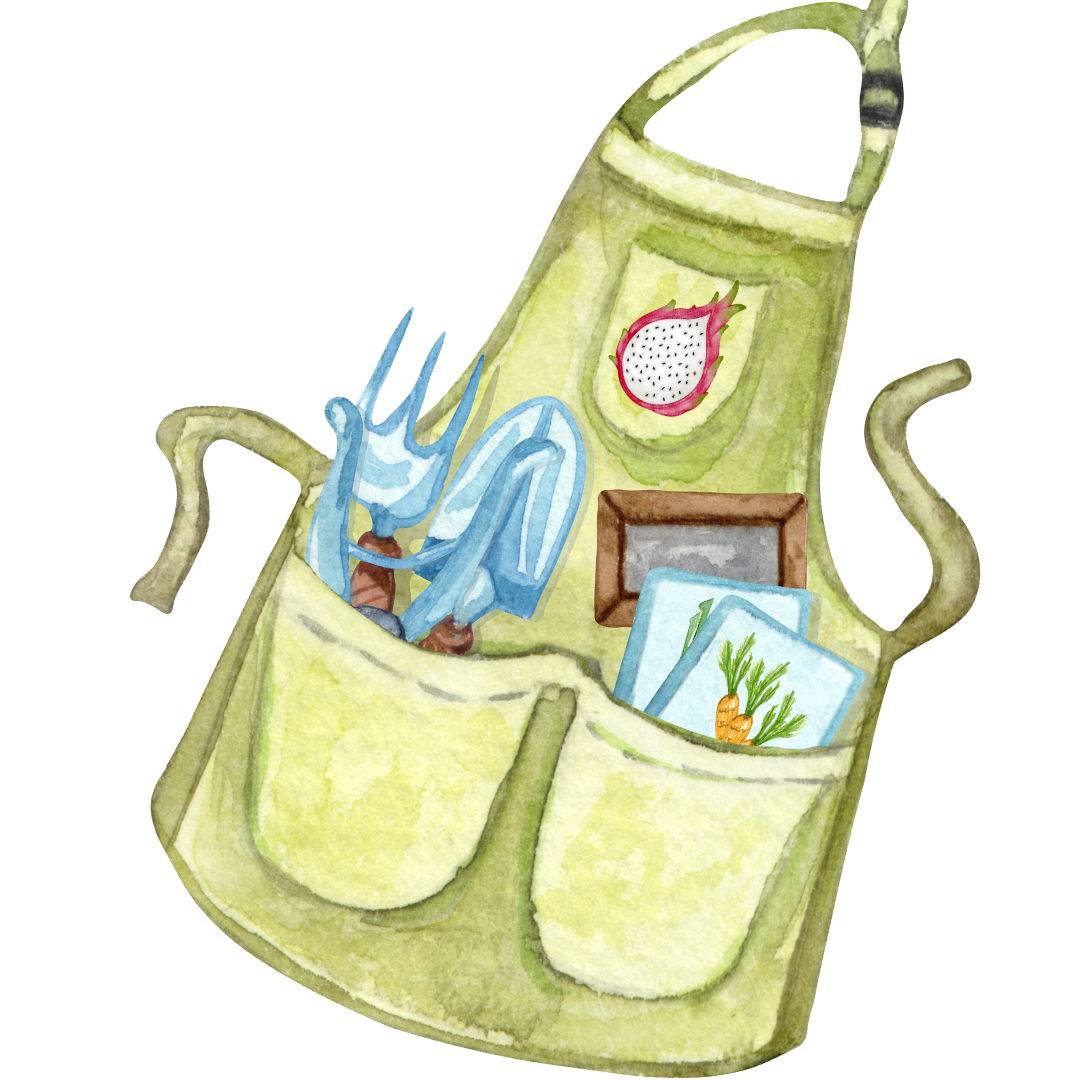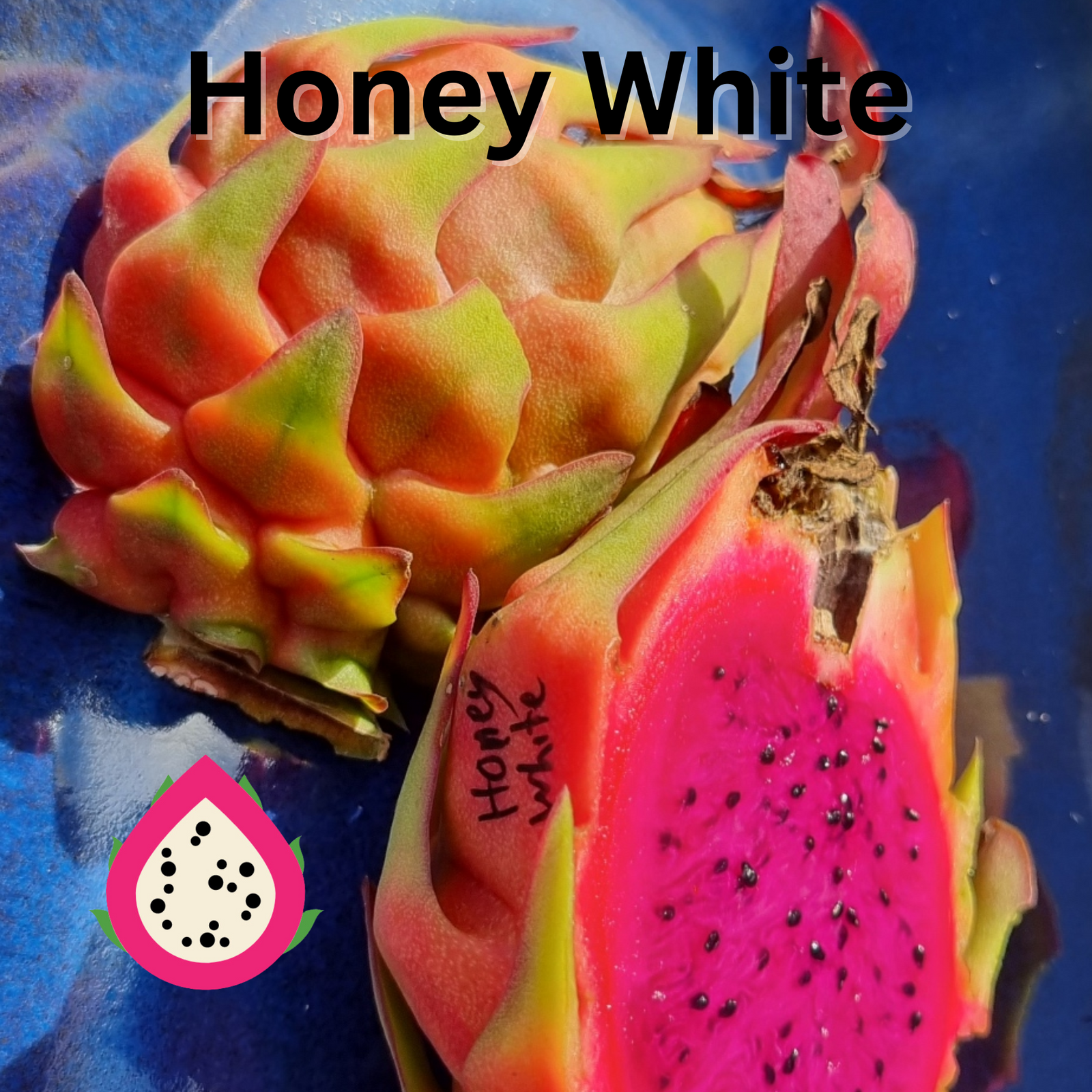If you notice a decline in health and production of your dragon fruit plants it may be worth inspecting the root.
In our past experience with nematodes mainly in tomato plants is do not buy cheap potting mix!
Root rot and nematode infestations can be problematic for dragon fruit plants, as well as for many other types of plants. Dragon fruit, also known as pitaya or pitahaya, is a tropical fruit that belongs to the cactus family. Here's some information on root rot, nematodes, and how they can affect dragon fruit:

The nematodes are visible by tiny knots in roots that progress to a full infestation

-
Root Rot:
- Cause: Root rot is often caused by various soil-borne pathogens, including fungi like Phytophthora and Fusarium. These pathogens thrive in overly wet or poorly draining soils, leading to the decay of the plant's root system.
- Symptoms: Symptoms of root rot in dragon fruit include wilting, yellowing of leaves, and a general decline in plant health. The roots may appear brown and mushy when affected.
-
Prevention and Control:
- Ensure well-draining soil to prevent waterlogging.
- Avoid overwatering, especially in poorly draining soils.
- Use fungicides if root rot is detected, following the product's instructions.

-
Nematodes:
- Cause: Nematodes are microscopic worms that can live in the soil and feed on plant roots. Root-knot nematodes (Meloidogyne spp.) are a common type that affects many crops, including dragon fruit.
- Symptoms: Infected dragon fruit plants may exhibit stunted growth, wilting, and a general decline in health. Root systems may show swollen, knotted areas where nematodes have fed.
-
Prevention and Control:
- Practice crop rotation to reduce nematode populations in the soil.
- Companion plant peppery plants, rocket, nasturtium, mustards
- Solarization (exposing the soil to sunlight) can help reduce nematode populations.
- Soil fumigation with appropriate nematicides may be considered.
-
Dragon Fruit-Specific Considerations:
- Dragon fruit prefers well-draining soil and is susceptible to root rot if the soil remains consistently wet.
- When planting dragon fruit, it's important to ensure that the soil is amended with organic matter to provide nutrients and improve drainage.
-
General Tips for Healthy Dragon Fruit Plants:
- Plant dragon fruit in a location with good sunlight exposure.
- Allow the soil to dry between watering to prevent waterlogged conditions.
- Provide support for the climbing stems of the dragon fruit plant.
Regular monitoring, proper cultural practices, and prompt intervention when symptoms are detected are essential for managing root rot and nematode issues in dragon fruit plants. It's also advisable to consult with local agricultural extension services or experts for specific recommendations based on your location and the prevailing conditions.







